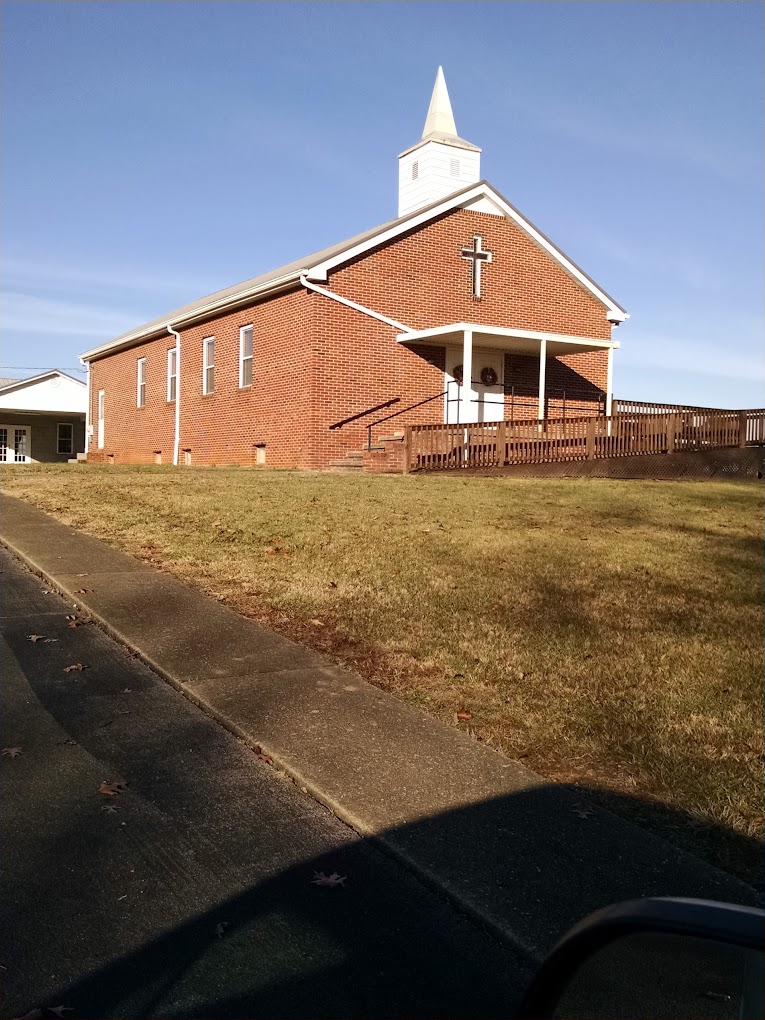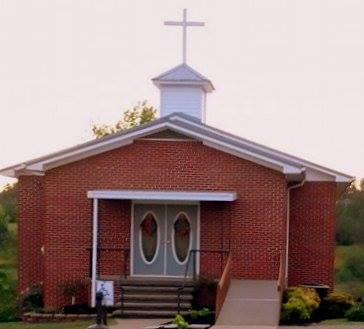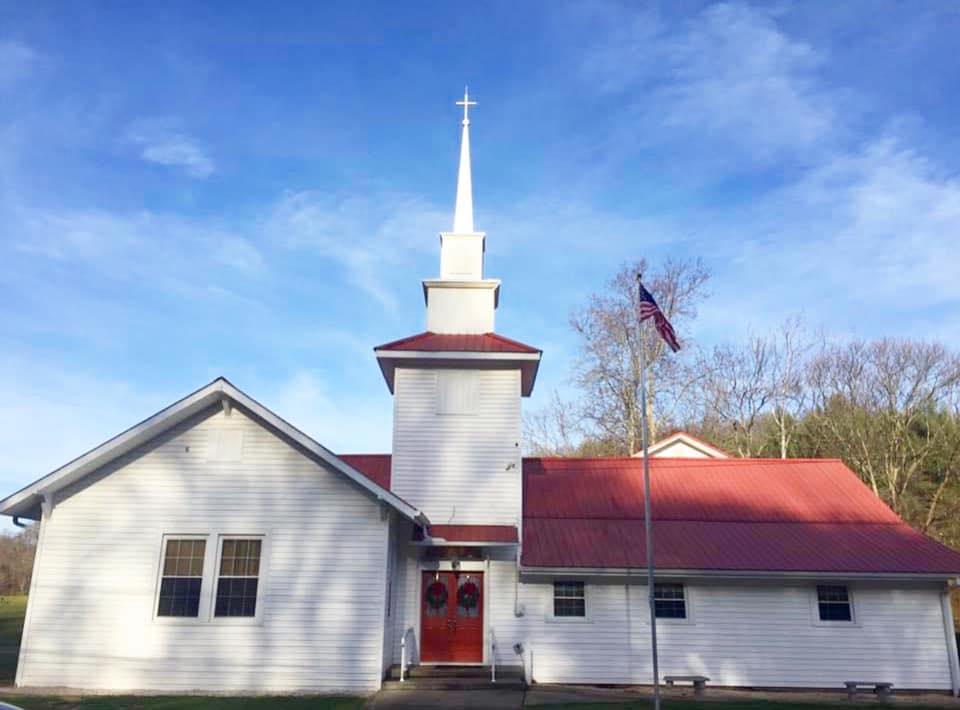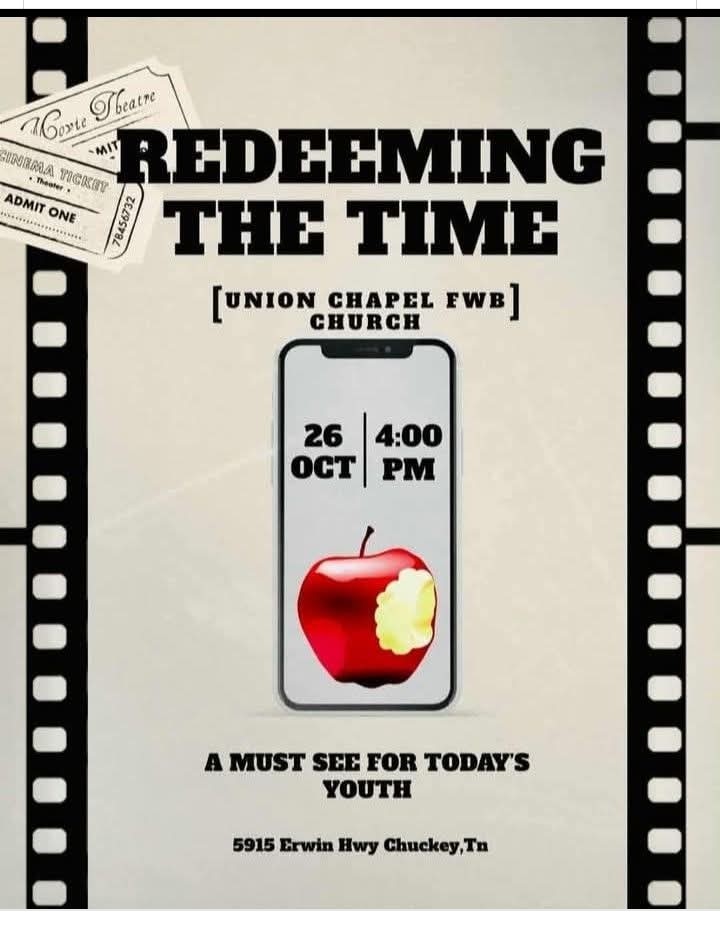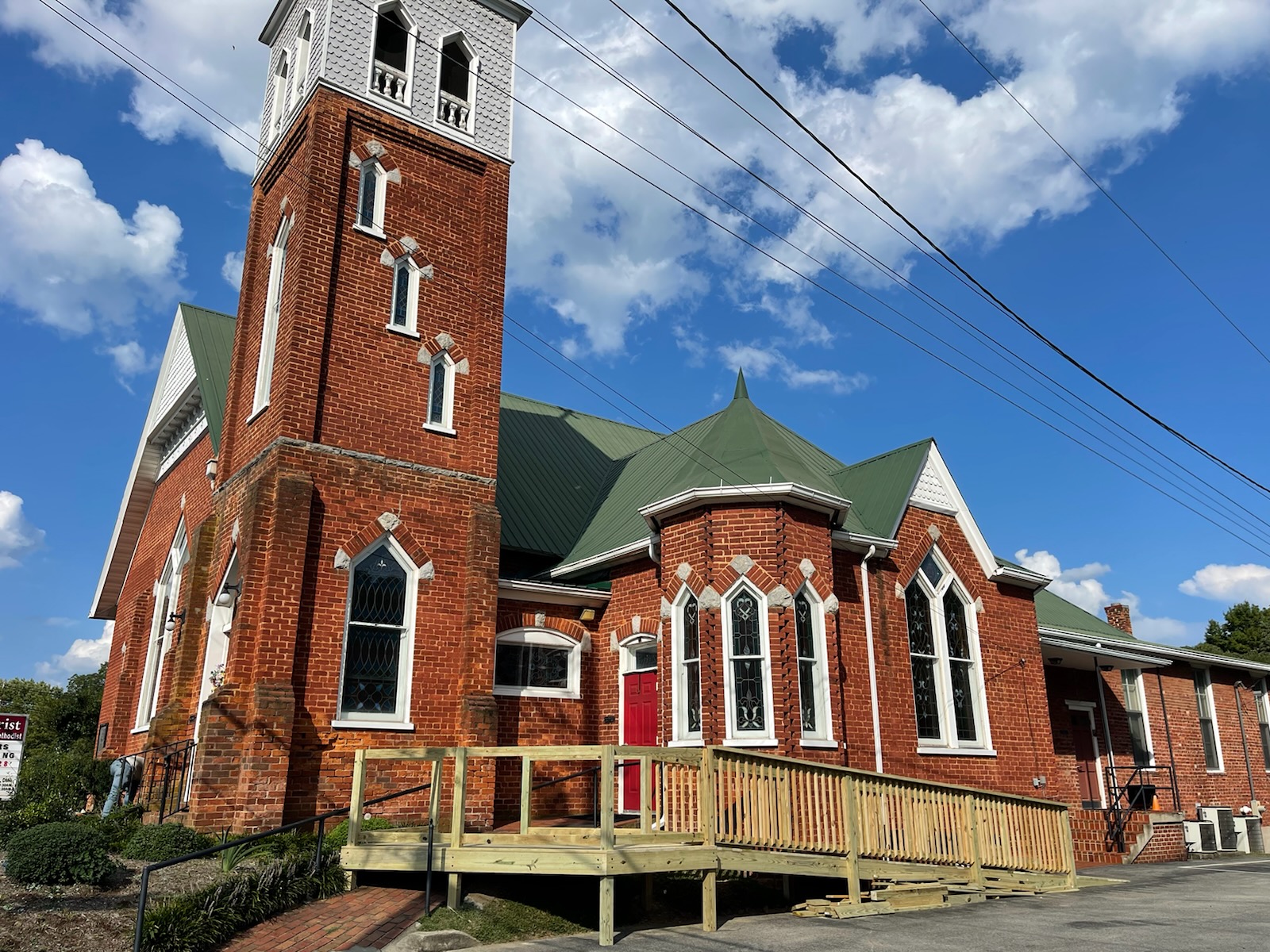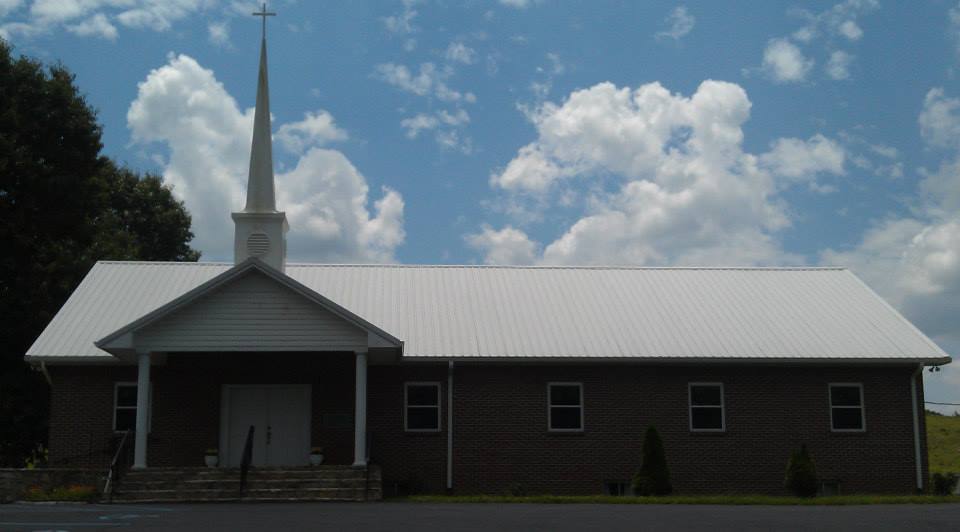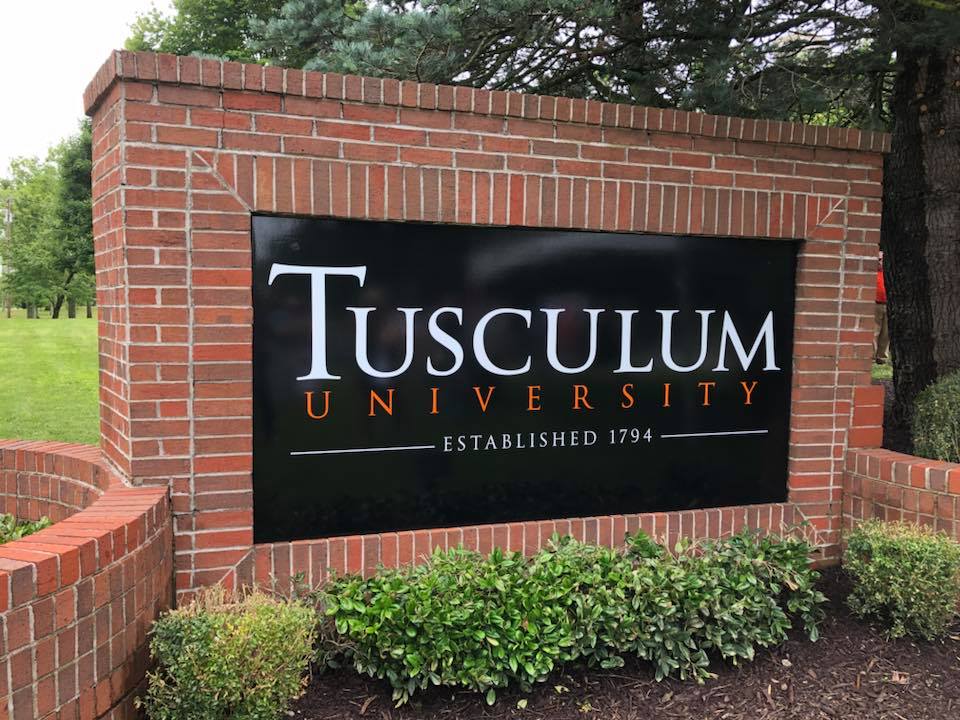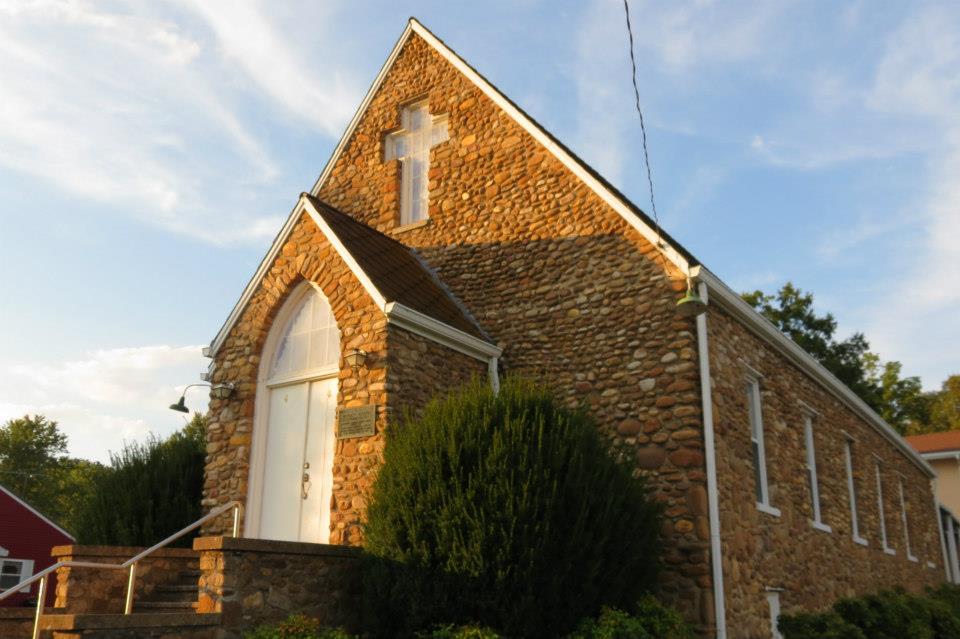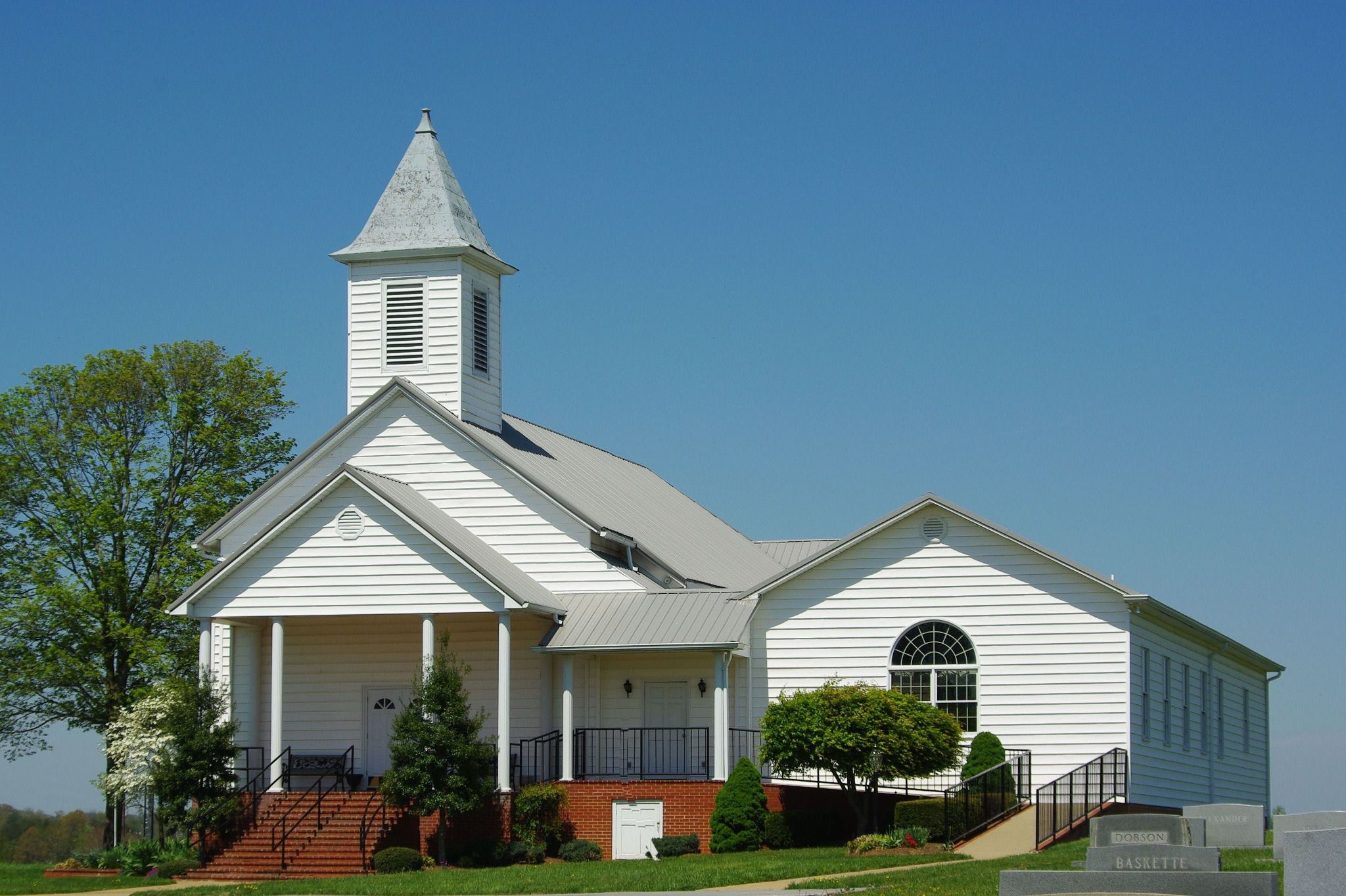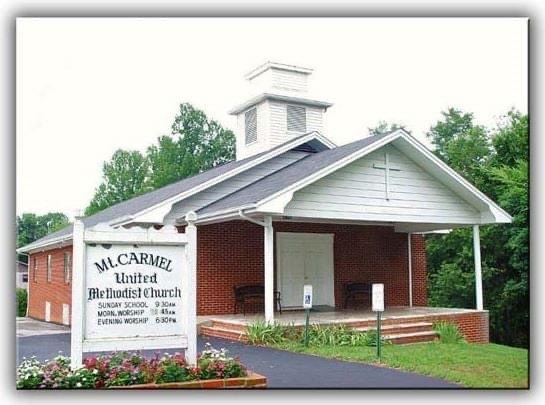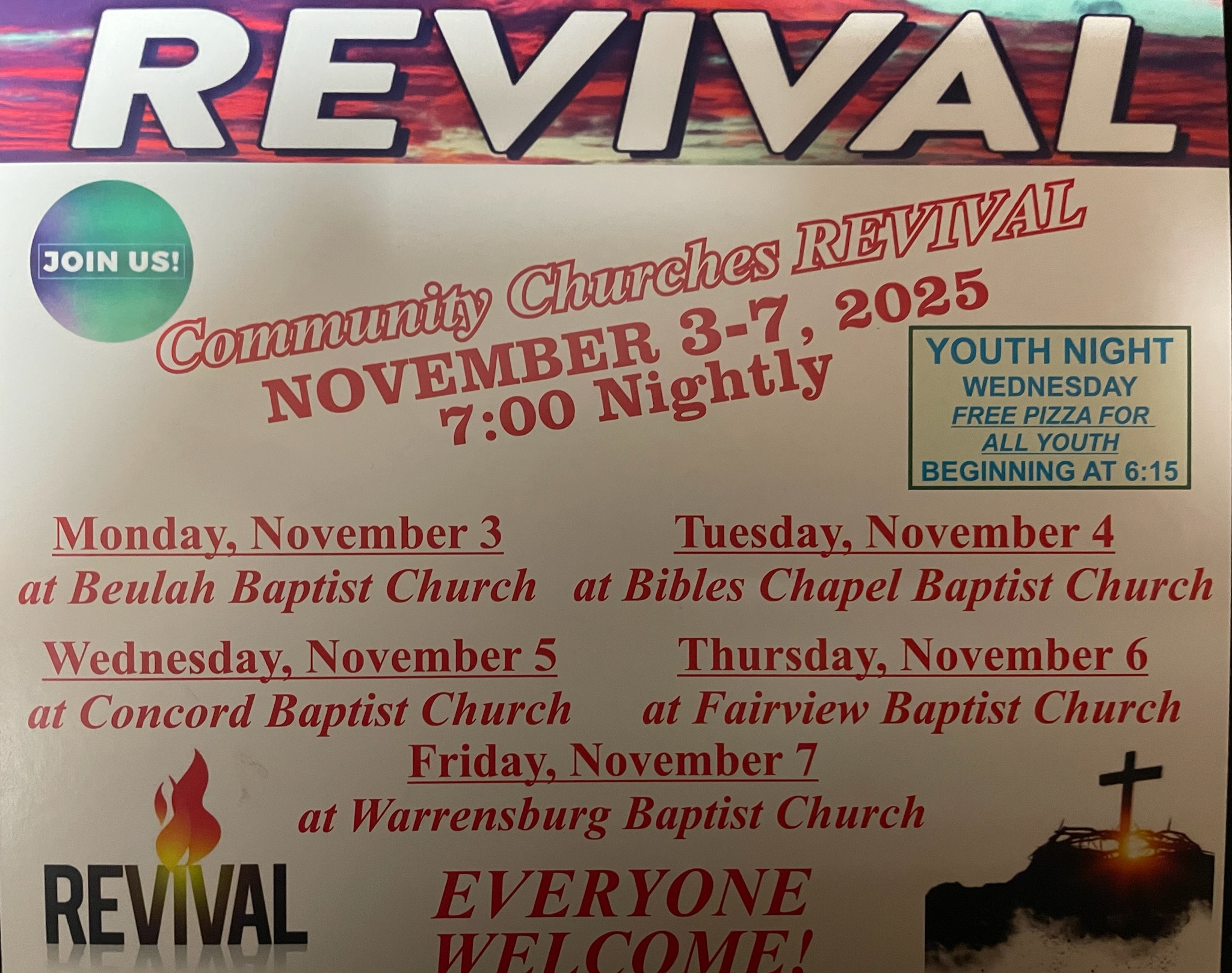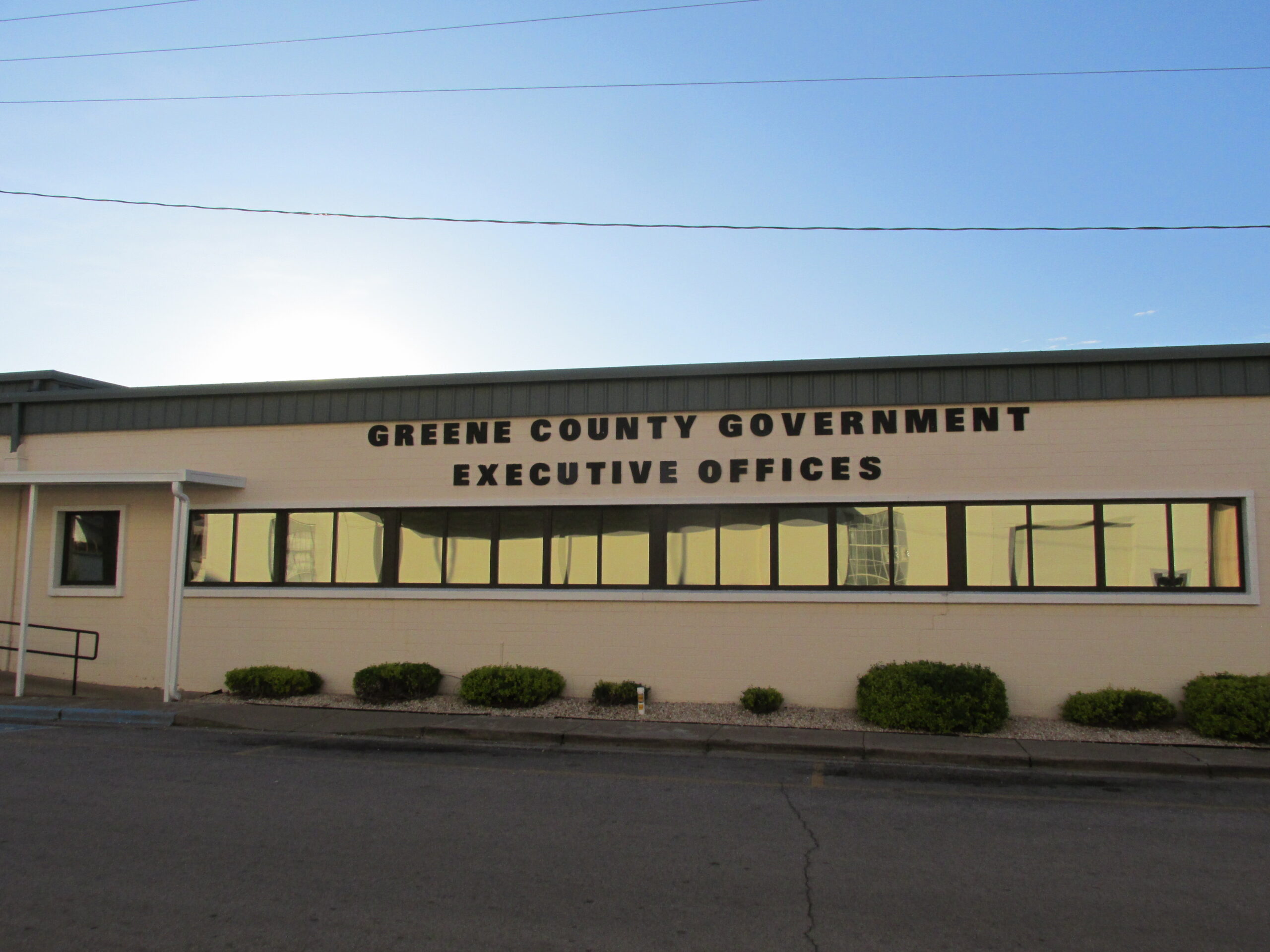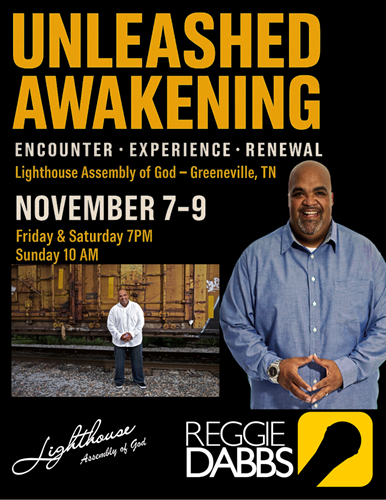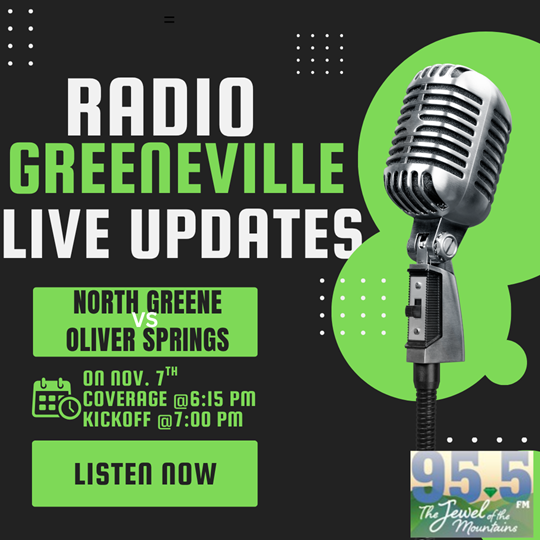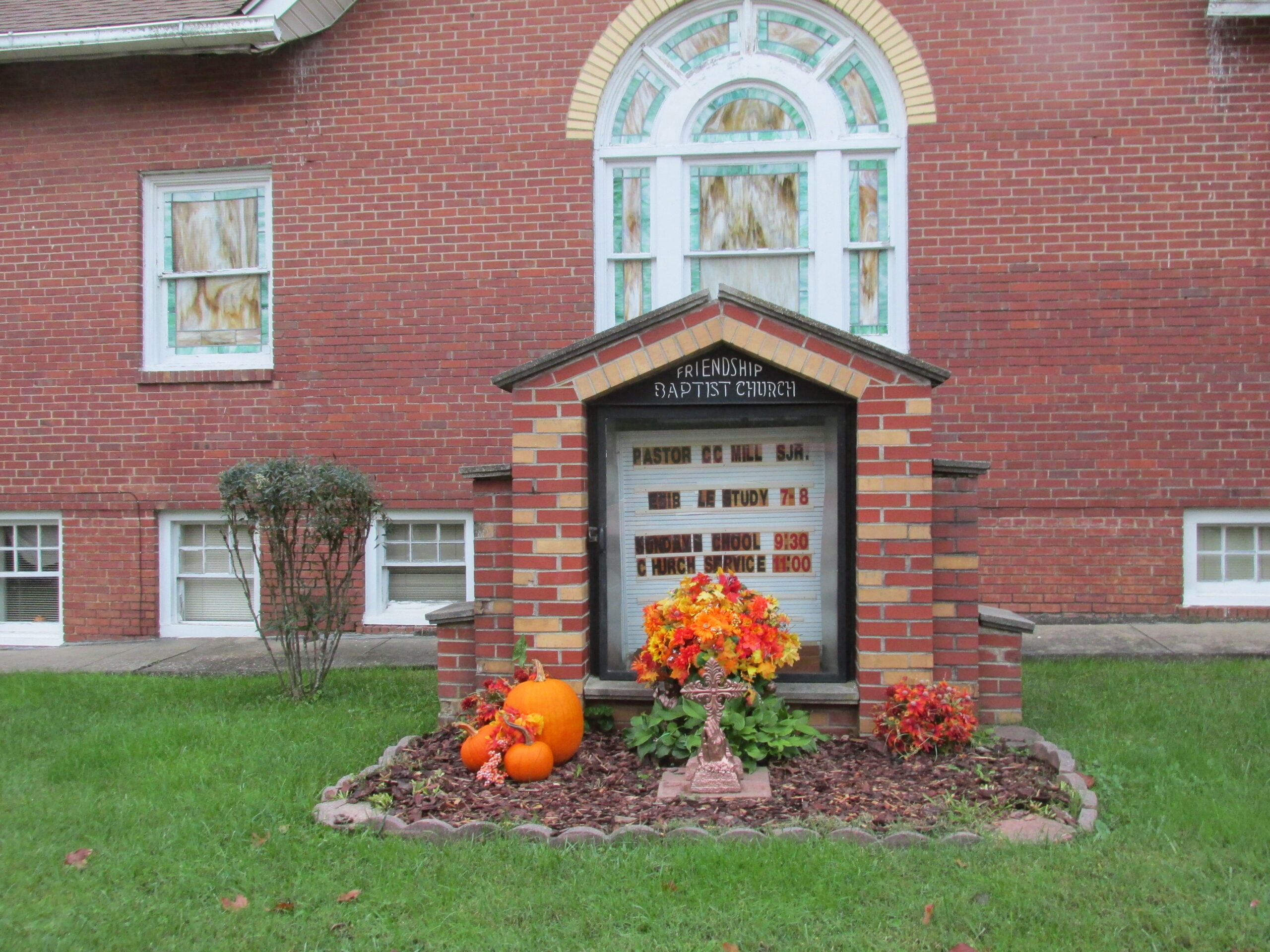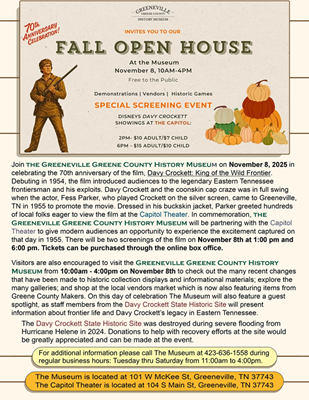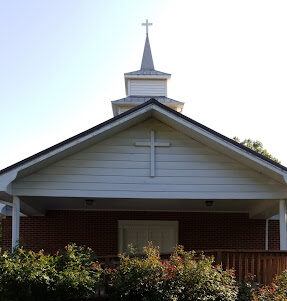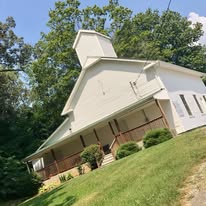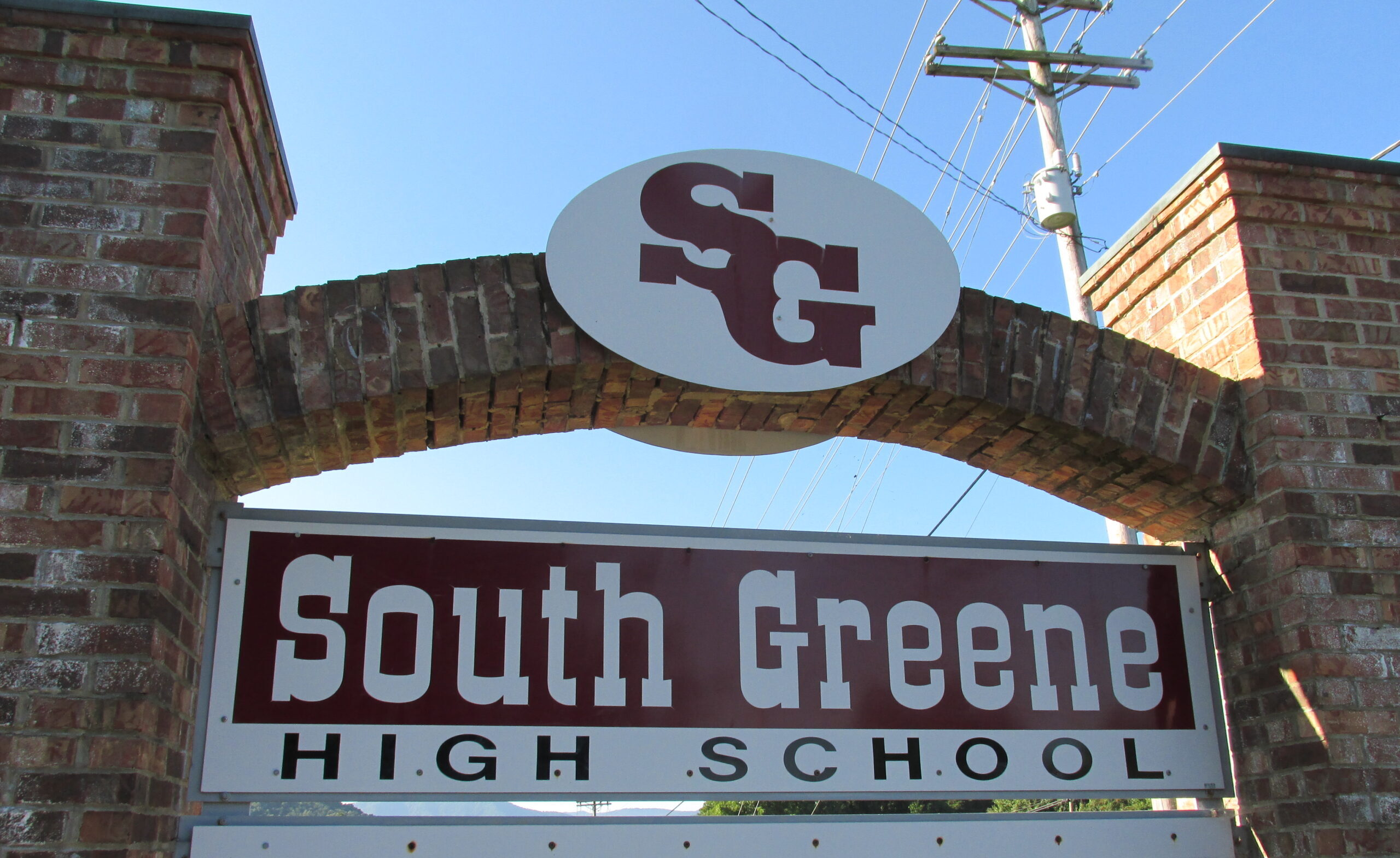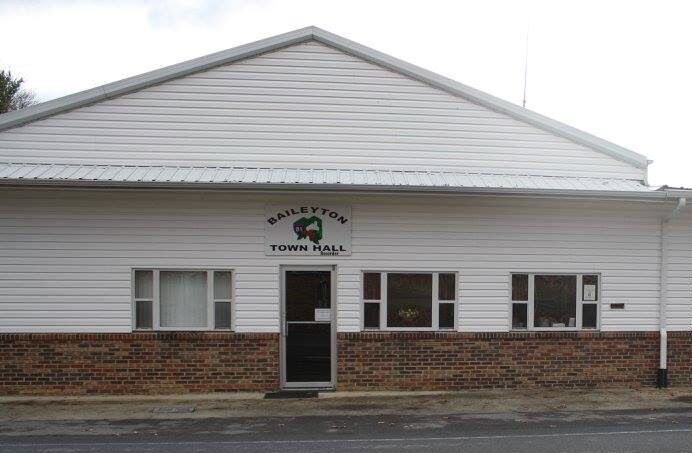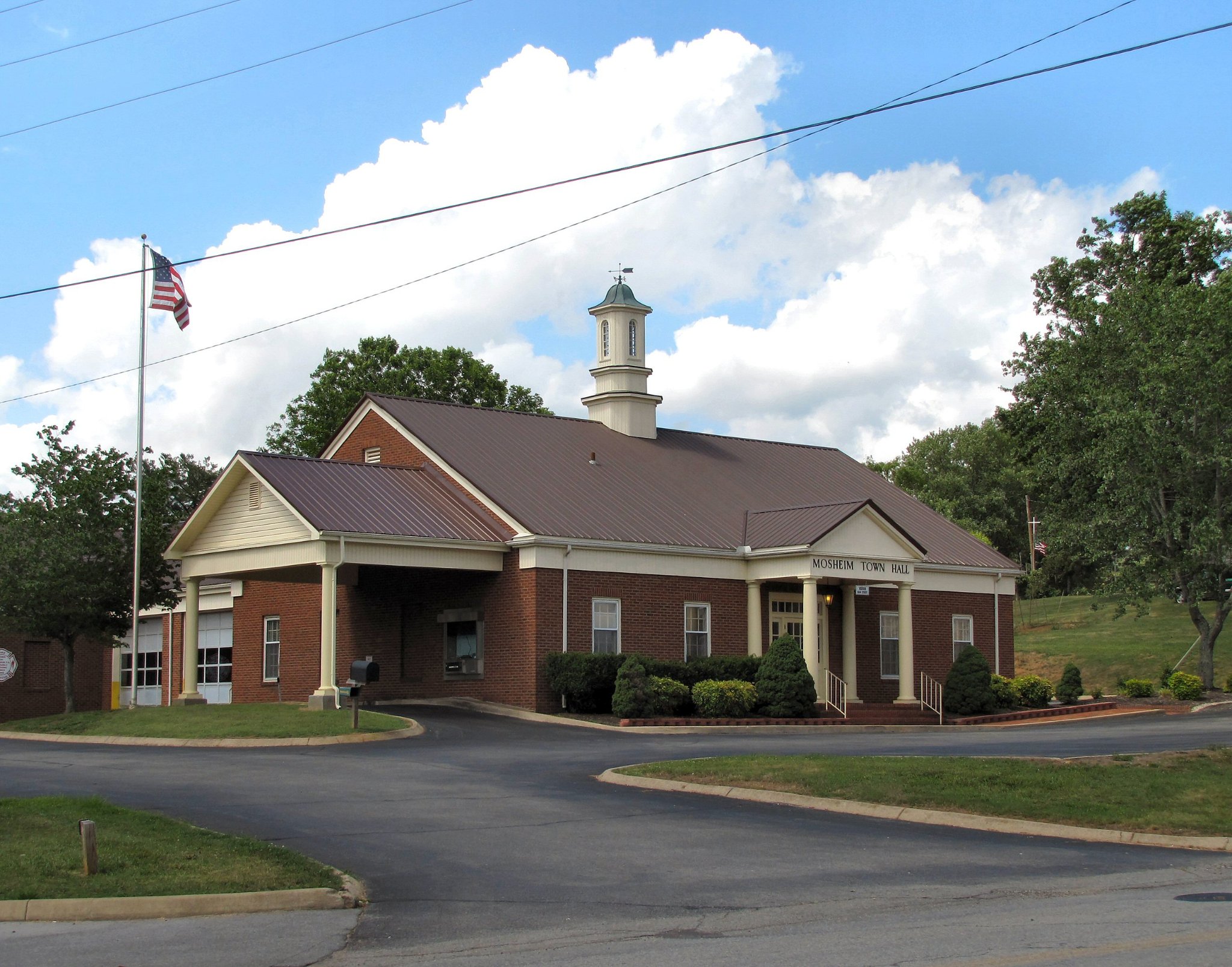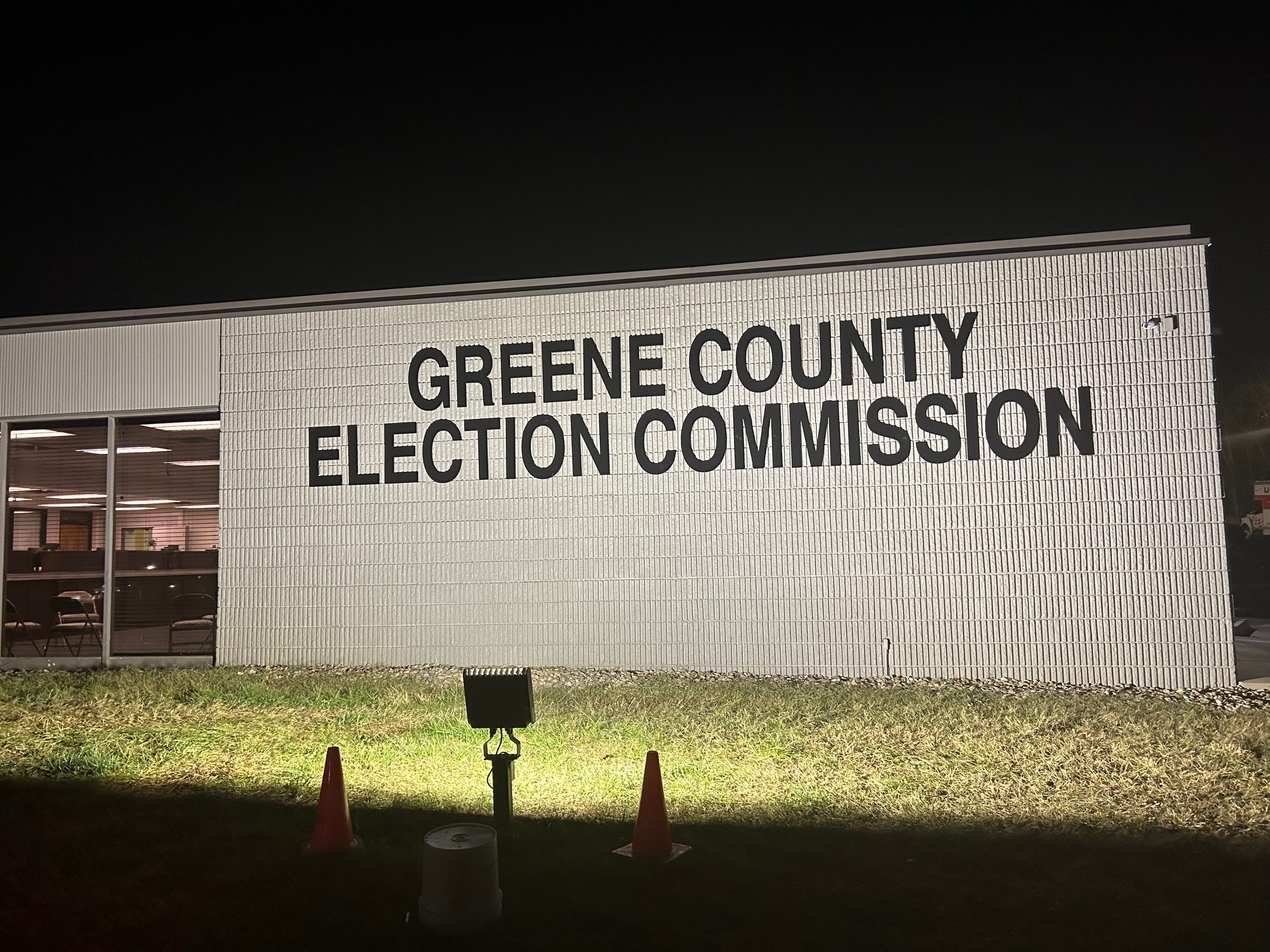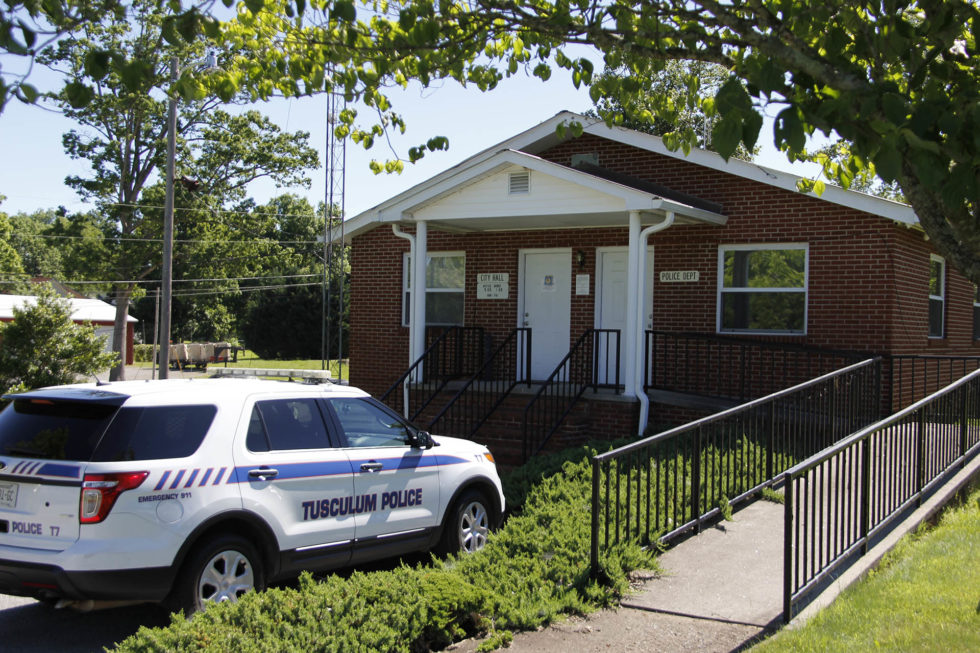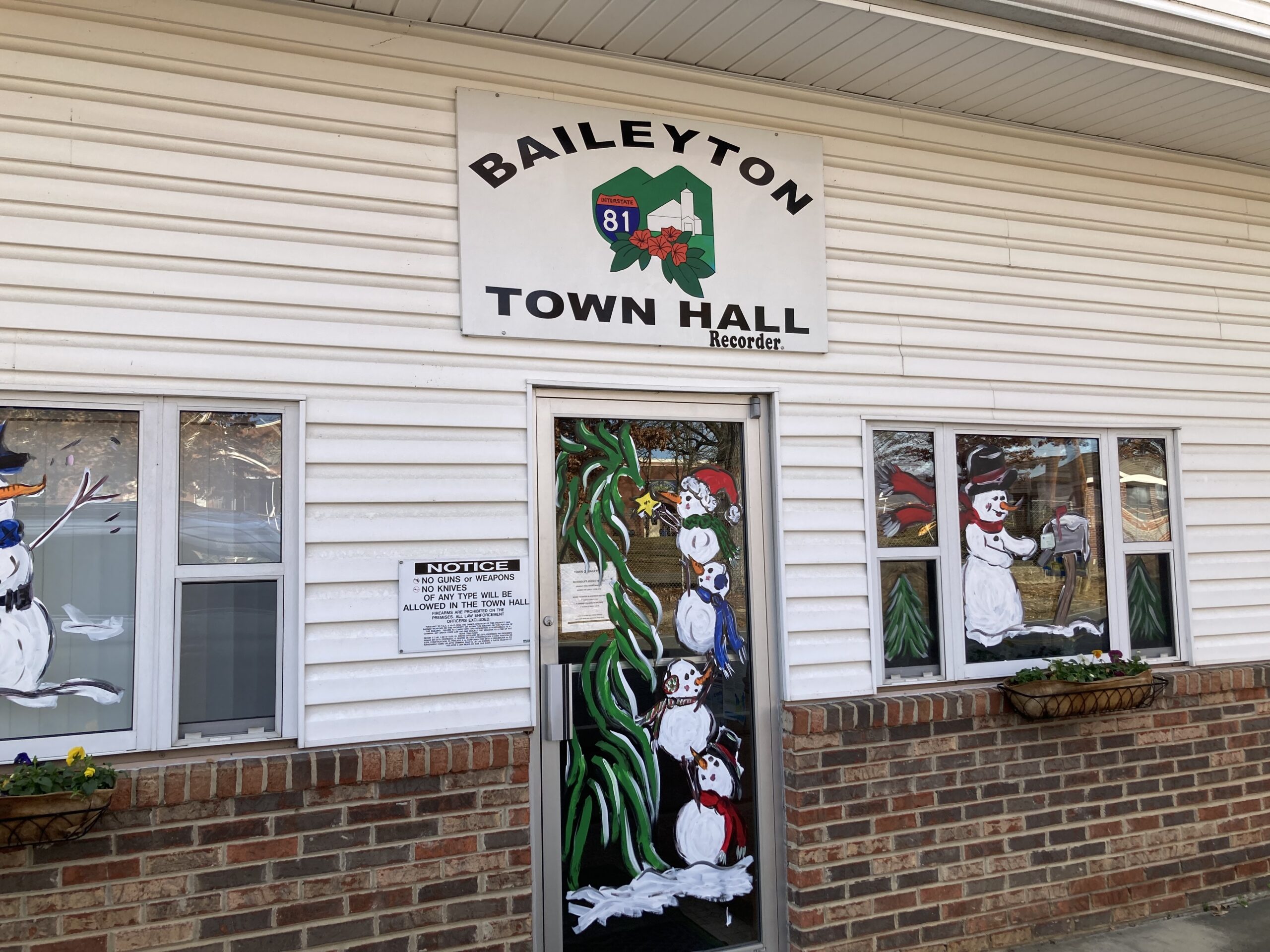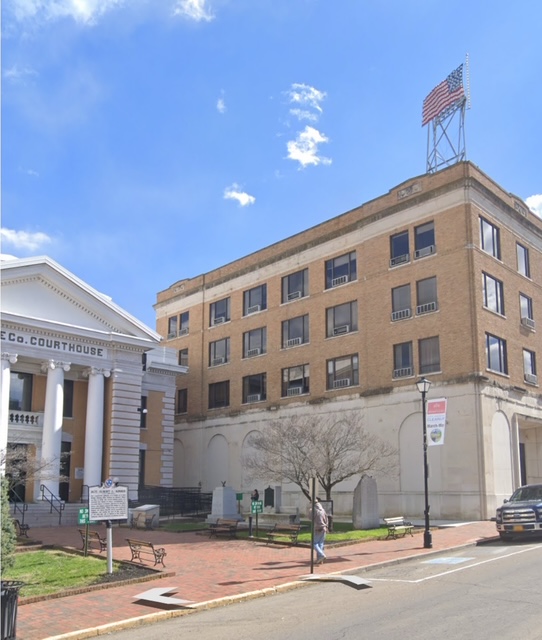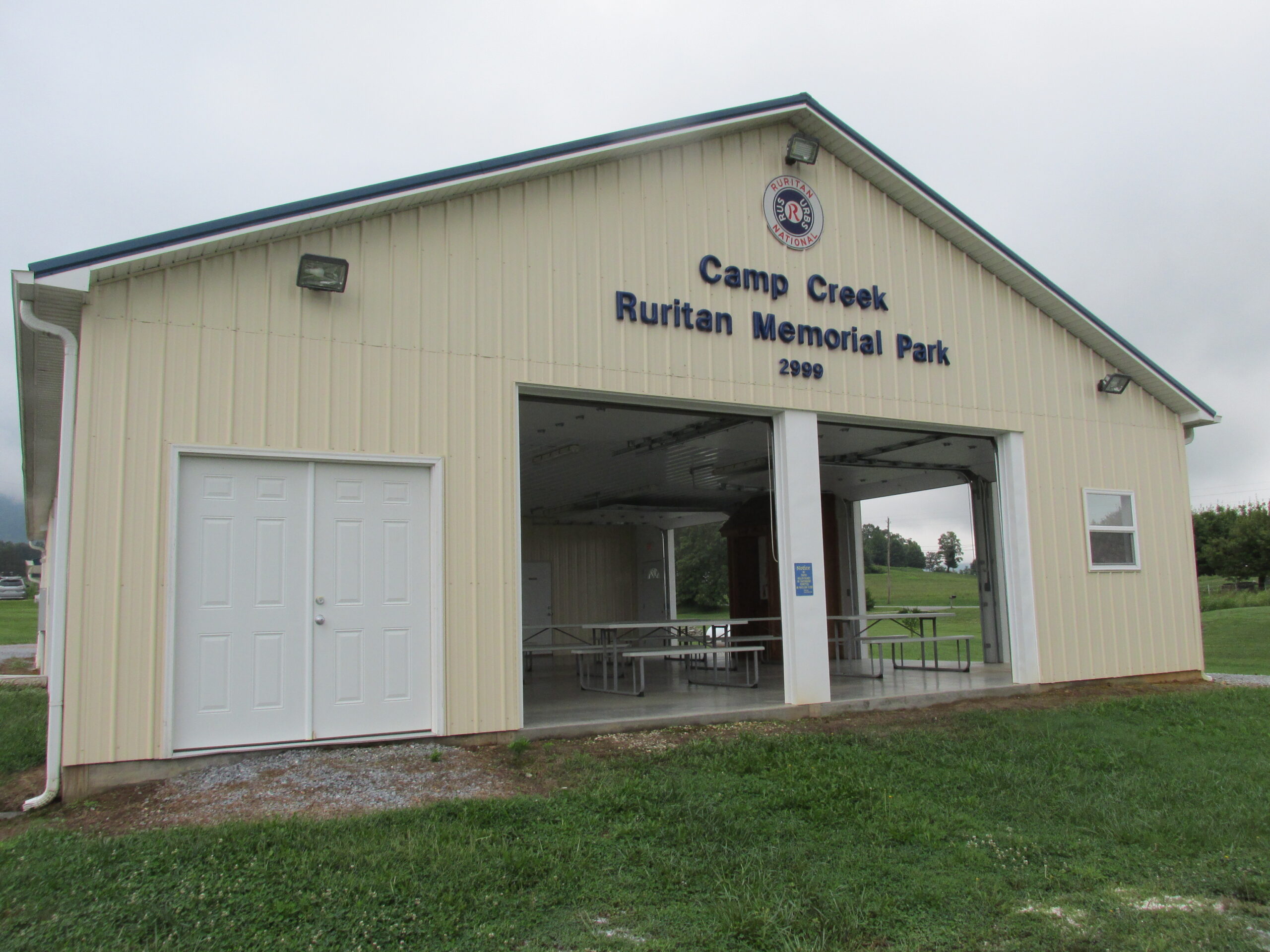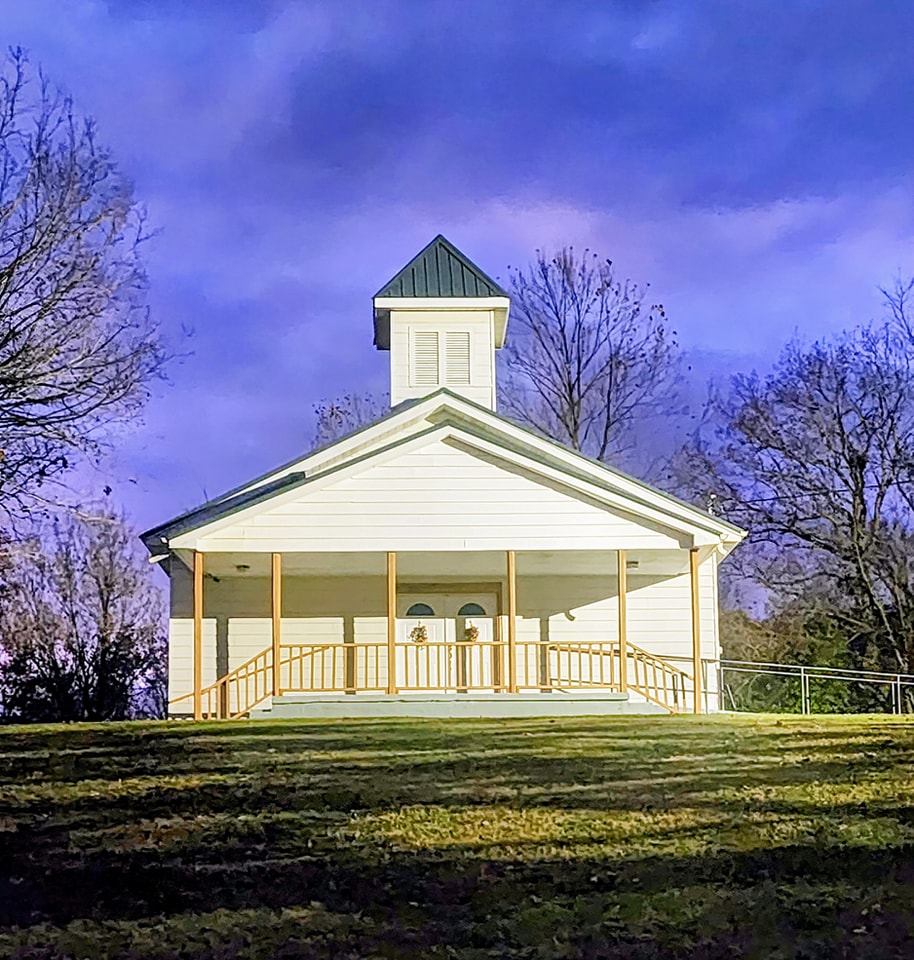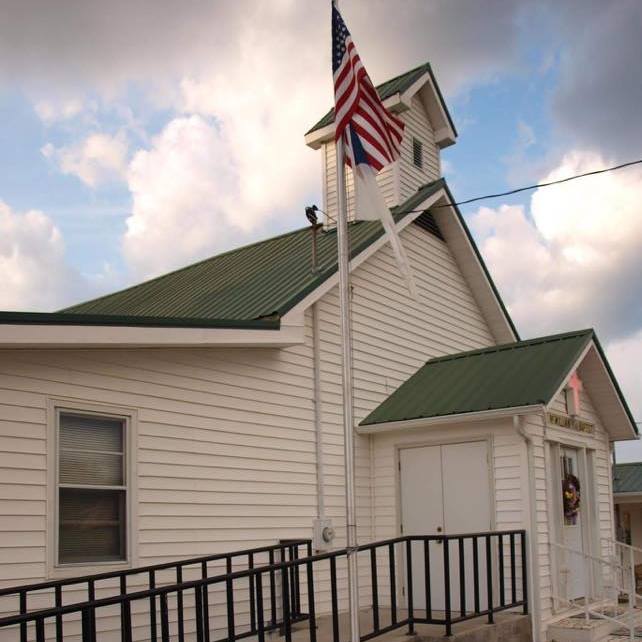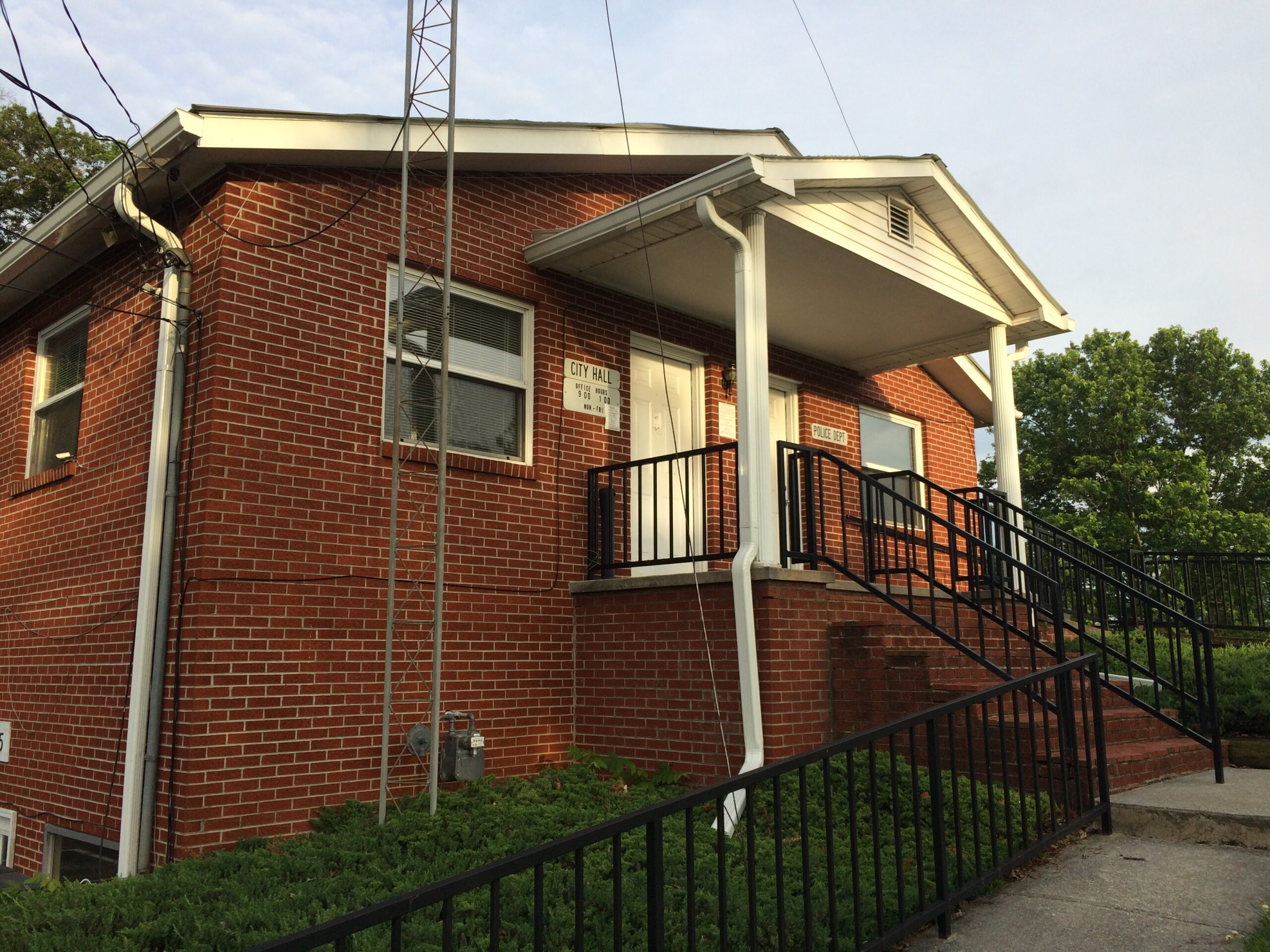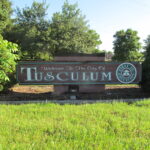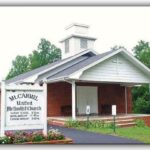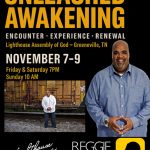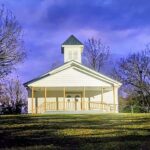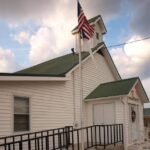Some residents of the George Clem area addressed Greeneville City Council members Tuesday concerning future plans for the property once it is vacated by the Greeneville City school system.
That’s Joan Stover.
As we first told you on Monday, the City Council plans to establish a working committee to develop a future plan for the George Clem property moving forward.
Rev Sharon Bowers told the council it’s important those who live in the community be involved in decisions.
Chance Gillespie and Angela Campbell also addressed the council.
Although no action was taken on forming a committee, Mayor Doty did ask those who spoke to be a part of the group to help determine the use of the building.
JOAN STOVER
“Okay first of all, I just want to say that I don’t have a whole lot of information because it was just made aware of this yesterday that this was being considered. However, I wanted to talk to you all about making it a community-based facility, and in doing so we open up the ability of the people that live in that area, which is multicultural, that will have let’s say, childcare. If they have childcare, then they can go to work, can’t they? Because they have someone that is watching after their children which will generate money for the city and for the community, because there is so much talent in the Wesley Heights community. The one thing that we have to remember is that if you empower someone they just take off. And if we empower the people that are there in Wesley Heights, then we have achieved. I just want to bring a little bit of background about George Clem. It was built in the early 1920s. It was the first and only black school in Greeneville. Beginning in 1887, the African Americans in Greeneville and Greene County were coordinated by the African Methodist Church AME and this AME church built the first George Clem. So, I am asking for consideration that you all look at what we can do with it, and first of all, that we make it a historical site to begin with. And then we can go forward and look at the grants that are available, the things that will help us to maintain the building. So basically, that’s kind of it. Just wanted to let you guys know that there is a great history, and that is time that we send back, we give back that one particular building that was there for the Black American in Greeneville, Tennessee. It’s time that we give it back to the community and that the community has the opportunity to make it go forward.”
SHARON BOWERS
” I’m Reverend Sharon Bowers, and I stand here before you just to share a little bit of information with you. The George Clem property is more than a building. It’s a symbol of resilience; it’s a symbol of history; it’s a symbol of the identity for African Americans in this particular community. It was originally a high school, and it stands as a beacon of black excellence and pride before it closed in 1965, due to a court order for desegregation. Today, with the city school system relocating to a newly named Greeneville Career Technical Academy, we’re presented with a profound opportunity. If George Clem were raised, it would be a sad ending to a narrative of a resilience people who’ve been there all along. It might be very difficult for us to continue to tell the story of how we are got here and why we are here. George Clem is a vessel that allows people to time travel to the past and return to the present and even to prepare for the future. And just because there was a past ideology of segregation, one of the things that the school does is that it gives us an opportunity to acknowledge the injustices that have been here for us. So, there is a historic context, and I just wanted to say, in 1965, in that forced closure of the school, it was really not to expand an opportunity, but in many ways, it was to dismantle a thriving community. The community pool was filled with cement. The basketball courts were later built and then they were reconfigured. The tennis courts were removed, and I really haven’t seen a plan yet for a pickleball court, but maybe there’s one coming. Park access has to be shared, and ultimately, it’s limited because we share it with HeadStart. So when we could be there, there are few trees, if any, who are t. The distance between George Clem and the other recreational facilities that the Greenville City has are a good distance, like the Boys and Girls Club is 1.3 miles, but that’s 20 to 24 minutes if you want to walk. Eastview Recreational is 1.8 miles. That’s 30 to 35 minutes if you wanted to walk. And Hardin Park is 2.5 minutes, but that’s 40 to 45 minutes if you want it to walk. And so all of these opportunities seem to be fleeting for the people in the African American largely African American, as Jones said, multicultural community. At the Eastview Recreation Center, there’s a gymnasium, there’s a splash pad, there are courts and there’s all kinds of programming. At Hardin Park, there’s 55 acres, there’s an Olympic sized pool, there’s a skate park, there’s sports fields, there’s trails, and there’s a pavilion. Those things do not exist at George Clint, at J.J. Jones, as we call it. So I think it’s important for us to look at the disparities, and I realize that much of this may not resonate with you, because it is not your lived experience. It is not your epistemology. You have not experienced what we and many of these people here have experienced being African American, living in Greene County in Greeneville, Tennessee. So I hope that you all, when you make a decision, when you talk about the things that are already there, you talk about the things that are already there without the consideration of the people who live in that community. There are opportunities for us to come together, to meet, and for us to be a part of it. And so when I look out right now, and I look at the council, I don’t see anybody who looks like me. And so when I know that these people who don’t look like me are the people who are making decisions, it concerns me, because it is not your epistemology. It is not your lived experience. You do not have the history, quote unquote that goes with George Km, and all of the things that are there. So I think it’s important for us to consider as we do this, that we close George Km once as a high school, and we said it was because it was a legal requirement, but it really was a moral injury. And so when we do the things that we’ve done and if we continue to do the things that we’ve done, then one of the things that I believe that it says to us that you speak loudly and you speak painfully is that we are not really here, that you really can’t see us. And so I think if you return the George Clint property to the community, not just about land, not just about buildings, but it’s really about justice. And it’s about restoring a dignity and an agency to people who built, protected, and cherished this place. So we’re not asking you for charity. We’re not asking you to make decisions for us or about us. What we are asking is for you, the city to simply say, we see you. we hear you, and at this time, we’re going to do the right thing by you. So I ask you not to miss this opportunity by making decisions for a people without considering them and letting them be a part of it, because this is not just about a building, it’s about dignity, it’s about justice, it’s about correcting the record, and it’s about making a space for healing. So the community around George Clem, those of us who live there, those of us who have homes there, we’ve waited long enough. We’ve endured less for a long time than the rest of the city. and now it’s time for us to do the right thing. And so I ask you, when you form these groups, if you actually form them, that you do it with faces of the people who live there, so that you can hear our hearts and our minds, and we can be a part of it, because you know what? You never have to come to that park, because you have the other places at your disposal that I just talked with you and told you about. So, it’s my hope that you’ll listen and that you’ll open up your places and the spaces so that all people can be informed and can help to make decisions. I’ve put together some information in a proposal. I’d like to share it with you. Thank you.”
CHANCE GILLESPIE
“I just wanted to step in and give you some accurate history on exactly probably make your decision is a little easier. I was, fortunately, someone that was raised by not only a teacher that graduated from Greeneville High College High School but also taught at Greeneville College High School and George Clem and ended her career at Tusculum View, who also taught Mr. Ward. So when I tell you things, it’s not what I heard, it’s what I know. I have enough stories from Greeneville College High School to George Clem they could probably write books. But whenever they were getting ready to to integrate schools. And of course, Greeneville wanted to take its time because they’d had a lot of problems this evening in Clinton, Tennessee, so they wanted to try to get it right. At that time, the superintendent was a man named Dr. DeLosure, definitely way before my time. So they worked out things, how they wanted to pay teachers, because black teachers were on different scale. They weren’t allowed to have social security at that time. So they had payback into Social Security and do all those things. But in the bylaws of the schools, as they were getting to integrate, it says that it could never be sold, it would always have to be used for an educational or community purpose. So if you go to look for those records, you should be able to find that information of what they actually stated would happen, because the teachers of George Clem at that time, there’s probably some students that went there that can attest to this. The school had just been remodeled, had a brand-new gym floor. It had been remodeled, but of course, like every town, they closed black schools because they didn’t want white children going to those schools and made new ones. And the answer to George Clem was Tusculum View. So when you have people that say, “I taught at George Clem, actually, they didn’t. They were just teaching there until Tusculum View was completed. So that’s how that came about. But if you ever go back to look at the bylaws of what actually went when I want at that time, it was always to be used for the educational or community purpose, which is why when you look around eating at other towns where there’s Johnson City and Kingsport, those kind of schools, they’re always used for community purposes because that’s what was declared at that time during integration.”

ANGELA CAMPBELL
“I also know that there are several of the attendees here that were alumni of George Clem High School prior to integration. And I appreciate their presence here as well. I feel like their input is probably going to be one of the most valuable pieces of input that you could get in relation to possible future endeavors with the George Clem building. Many of the things that these ladies spoke about have to do has to do with retaining the black community history within that. And of course, I speak to that as well with that black history. I do understand that we’re trying desperately, and I don’t think we’ve gotten there by no means, to unify our country as a whole and consider everyone to be equal and to treat everyone as equal. So I am definitely not opposed to the building being used for several different types of neighborhood related activities. And when I say neighborhood, I’m not necessarily talking about literally that neighborhood per se, but the town of Greeneville as a whole, you know, to have tutoring opportunities for children, to have other types of classroom teachings and education that we no longer get within the city or county school systems, even if you go back to when I was in school with Tim, when we had home economics and shop, you learned to sew on a button. You know, these are some basic skills that we don’t have taught into school anymore. This could be an opportunity to bring that to the area in general, and anyone that wants to sign their children up for those services and those opportunities, learn to write a chat, learning to manage money, learning to invest, learning how to save your money. You know, all different types of activities that can be done in that, because to me, I think that that would be in addition to maintaining the history and the legacy as it relates to the black community, that would also be an honor for the black community to be able to probably say that this is what our school was turned into, something that is going to overall benefit the entire town of Greeneville and or Greene County. Ms. Stover had mentioned that she just found out this today, are yesterday, I don’t know if she went into detail what the concern with that was or not, but I’m going to dare to go there. One of the concerns is you guys, I know, for a fact, are aware of at least one of the organizations within the black community called the George Clem Multicultural Alliance. We have worked with you and partnered with you on several different endeavors within this community. It is a concern that no one from that organization was ever reached out to from what I am being told to advise that this was going to be going on today. Sure, you can say that this was publicized in the newspaper, and this was on the on the radio. That is actually where that information was found. But unfortunately, when this is going to involve what we clearly know is going to have some impact with our black community, and you are fully aware of at least one organization, and I believe there’s at least one more, each one, teach one, Miss Robinson, you know. I know that they have partnered with the town in several different endeavors as well. It would have been appreciated, you know, for future purposes, if maybe they could have been doing some advanced notice so that they could have put that out on their publications, their social media, et cetera. Again, I don’t think it was intentional. We all have, missteps and overlooked some things and, you know, the intent is not to exclude, but it would have been appreciated for future references. My last thing kind of skips back to the initial 8th of August proclamation. I appreciate the intent behind it, but I don’t think it was based completely on facts. Or at least I feel like those facts were squeed to give more credit than was due to Andrew Johnson. Andrew Johnson was alluded to in this proclamation to freeing his slaves, and basically anyone that brings that who does not know the history might think that eighth of August celebration is because of him. Now, you can say, “no, that’s not what he says, but unless you are informed on the history or you just may not have that mindset to even delve into what that sounds like, because it doesn’t affect you directly if you’re not of the black race, it would imply that he gets more credit than I feel personally, and I think that there will be several others in here that would agree that he deserves. I am in no way trying to condemn any of our presidents, our past presidents, however they got into office. However, I don’t want to misconstrue historical facts as well, to give people more credit than they deserve. He’s done some good things, I’m sure, but then there’s also things that, just like all of us, he’s made some mistakes along the way, whether they were intentional or accidental. With his legacy as it was presented there, again it would imply that he was anti-slavery. Personally, if you do read the historical data on that, you would kind of come to the realization that that was more for political game and maybe some personal game, but not necessarily because he believed in anti-slavery, but he believed that people should not be enslaved. As a matter of fact, if you go back in the history, we have references to different points that were displayed and revealed, post his taking over the office for the assassinated President Lincoln. Those would include post-Civil War. There was what we call the reconstruction area, one of the promises that was made doing during the Reconstruction area was the 48 acres and a mu. For those of you that are not going to be with that, it basically had to do with the land redistribution, where some of the recently free enslaved people, I don’t like referring to them to slaves. I sometimes make a mistake in doing that because that makes it a noun makes it a description of who they are, and not just a description of the situation that they forget. The enslaved people were promised land in return for a never having had that opportunity when they were brought over here against their will. That was revoked by President Johnson. He did not believe in that. As a matter of fact, there was also something called the black codes that was implemented, which had severe restrictions to the formally enslaved citizens, which include forced labor that mandated that black people had to sign an annual contract with white employees, or employers, with penalties, like fines or being optioned off. Basically, your return to some form of enslaved position, if they fail to do so. Another point that was made, and this was a quote, there are several quotes believe it or not, and I did not learn this school because guess what, this information was not taught. And it’s still not taught. But I had learned it as an adult that there were several derogatory things that were stated about him. Let me finish this, and then I will say it. He had made a comment in reference to slavery in 1860s that he was a white supremacist and that this is a country for white men, and by God, as long as I am president, it shall be a government for white men. You can say that this is not relative, but it does lend itself to go back to everything that the other lady said in references to maintaining and giving some sort of dignity to all of the suffrage, the plight of the black citizens of this country in general. And we just want to make sure that our voices are heard. It also goes back to the fact that not being potentially notified in a more advanced way so that we could get the app outreach to the rest of the community and make sure that we had people that were able to come to be present to show their support for being involved to whatever the plans are. My intent is not to insult the president because we’re all imperfect humans. But I just would like you to consider the fact that I don’t want to put any extra glorification on someone. And that goes for the school itself.”





